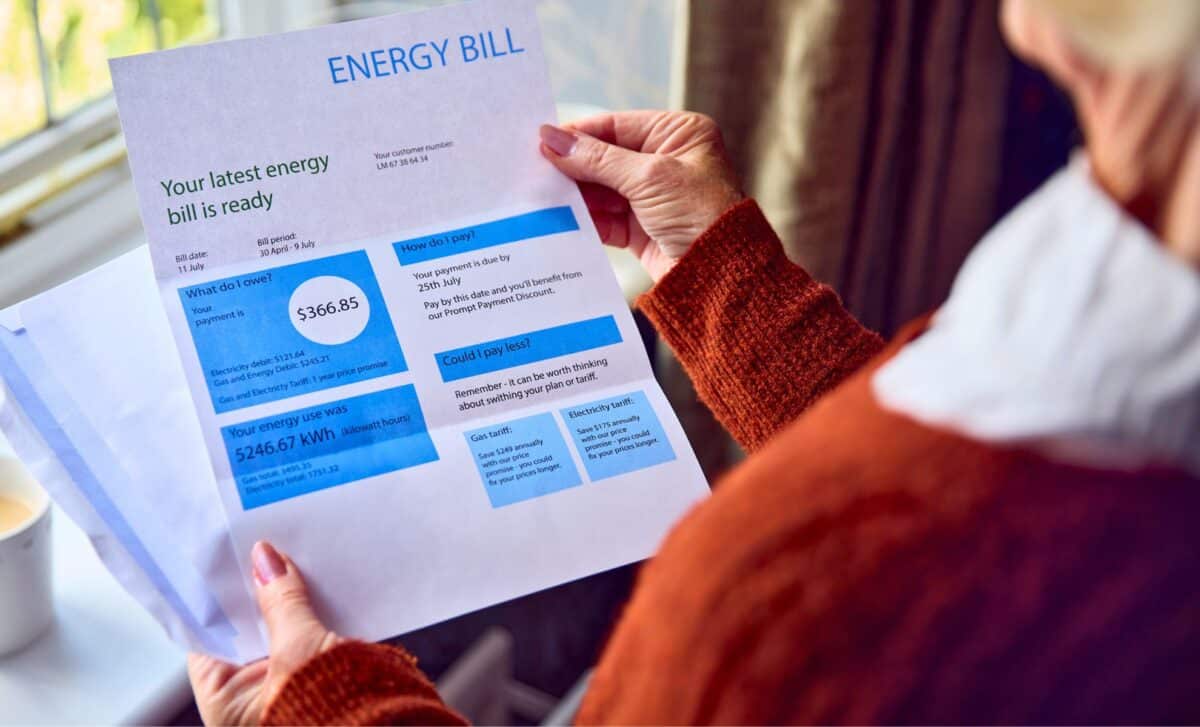Energy bills are set to rise for British households, as gas and electricity prices are set to rise again from January. According to energy regulator Ofgem, the rise will add an average of £21 a year to household bills, taking the average annual cost to £1,738. The announcement has increased the pressure on families already facing soaring living costs.
A Growing Financial Strain on Households
The rise in energy costs comes as millions of households struggle to keep up with their bills. Recent data reveals that approximately six million households are now in fuel poverty, unable to afford adequate heating. Experts have issued stark warnings, emphasizing that “higher costs are here to stay,” leaving many to question how they will navigate the colder months.
The Impact of British Gas Price Hikes
The energy crisis has drawn sharp criticism from industry figures. Alastair Douglas, CEO of TotallyMoney, described the situation as dire, stating:
“A warm home shouldn’t be considered a luxury, but it’s fast becoming that.”
Douglas also highlighted the inadequacy of the energy price cap, initially designed to shield consumers from market volatility. He noted:
“The cap is still in place, but it’s no longer fit for purpose. Six million homes are in fuel poverty. Some may get help, but many will struggle to stay warm and keep the lights on this winter.”
Managing Energy Costs: What Households Can Do
In the face of rising bills, experts recommend several steps for households to mitigate the impact:
- Consider fixed tariffs: Locking in rates could provide predictability in uncertain times.
- Explore support schemes: Some government or provider assistance may be available for eligible households.
- Adopt energy-saving habits: Small changes, such as reducing unnecessary energy usage, can help manage costs.
Calls for Government Action
The ongoing crisis has spurred calls for more robust intervention. Douglas urged the government and energy providers to collaborate on long-term solutions, advocating for two immediate measures:
- Scrapping the 5% VAT on residential energy bills: This move would lower costs for all consumers.
- Targeted support for vulnerable households: Developing a sustainable system to assist those most in need is critical.
What Lies Ahead?
With no significant price reductions on the horizon, millions of families face a harsh winter. The absence of decisive action could leave many struggling to stay warm, prompting urgent appeals for change. As Douglas succinctly put it:
“Something needs to be done to ensure nobody’s left out in the cold.”









